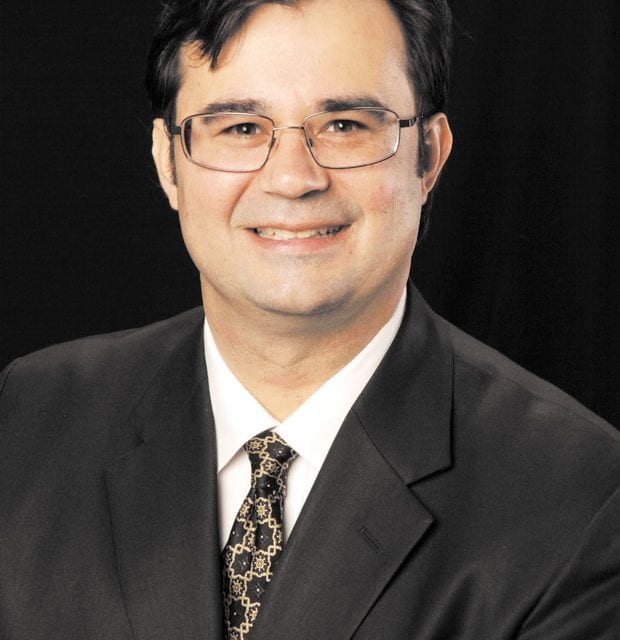Marriage is about love but financial commitments, too
JAMES RUSSELL | Staff Writer
Good news: a new survey reveals finances are at the top of same-sex couples’ minds. The survey, conducted by Wells Fargo in states where same-sex marriages were recognized before the Supreme Court’s marriage equality ruling, also give financial advisors insight into the issues their clients need to know before saying, “I do.”
When asked if marriage was a financial benefit, 70 percent of respondents said yes; 81 percent agreed marriage is a big financial decision; and an overwhelming 89 percent said it’s important to evaluate the financial implications of getting married before doing so.
The findings didn’t surprise Terry Thompkins, a local financial advisor who specializes in domestic partnerships and same-sex couples.
“There seems to be a greater awareness among same-sex couples when it comes to financial awareness,” he says. “There’s more clarity because we’ve been talking about it [even before the marriage equality ruling].”
According to the survey, 73 percent of respondents said the legalization of same-sex marriage has changed how they plan for their future.
Bad news: couples may say they understand the varying laws and financial implications of marriage, but few do. And even fewer understand how federal and state laws apply to their marriages.
“While LGBT Americans recognize that access to marriage provides certain financial benefits and obligations, there is still a significant knowledge gap around specific issues,” says John Lake, Wells Fargo’s LGBT segment manager. Just like their counterparts in opposite-sex marriages, a lot of education is required.
For a couple to even understand their finances, they need to understand how to use money first. Certain income levels may benefit more than others when it comes to commitment.
“It’s not something you take lightly,” Thompkins says.
 The need for more conversations about money also resonated throughout the survey on a variety of issues LGBT
The need for more conversations about money also resonated throughout the survey on a variety of issues LGBTAmericans consider important to discuss before marriage. Less than one-third of couples surveyed, for example, have fully discussed whether to merge all of their accounts and assets; less than one-third discussed the consequences of debt.
Marriage changes a lot, especially when it comes to tax season. In Texas, long-time couples suddenly were in common law marriages. That changed everything, according to Thompkins.
Before marriage equality, couples could file their federal taxes jointly or separately. While it took a lot more paperwork, dependent upon any other variables, like children, philanthropic gifts, and tax write-offs, separate filings paid off.
The disparities before the marriage equality ruling were especially evident in retirement and philanthropic giving.
“When considering marriage, couples need to look at their income and deductions,” Thompkins says.
Other changes simply come in the form of simple paperwork updates. While quick and easy, couples may not know they need to update their beneficiary information should one die.
Thompkins always asks his clients about their retirement plans. “In the case of 401k and pension plans, couples need to switch from ‘non-spousal beneficiary’ to ‘spousal beneficiary,’” he says. Otherwise the federal government, especially in the case of high-income earners, will “unfairly reach into the survivor’s pocket for extra money.”

High-income earners faced numerous complex legal loopholes to assuring a fair tax return. A high-income, philanthropic couple would have to figure out who made the most money. “They wouldn’t get the full benefit of their philanthropy,” he says.
“Having conversations about financial issues like saving, investing, and preparing for retirement is critically important for same-sex couples,” Lake says. “There are many unanswered questions out there, and as an industry we must keep working hard to provide useful information same-sex couples need in order to achieve their financial goals.”
This article appeared in the Dallas Voice print edition July 24, 2015.



